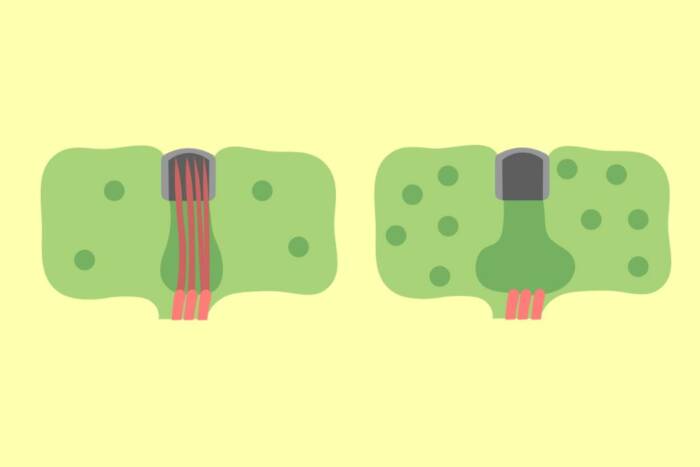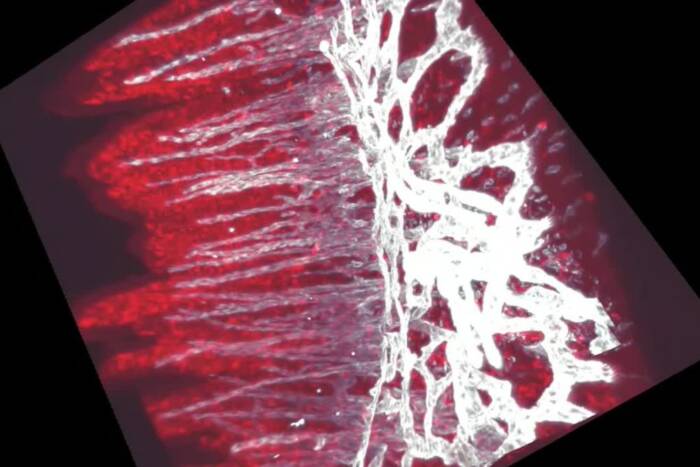Claire Ellen Hamilton
 Claire Ellen Hamilton
Claire Ellen Hamilton
Presented by F. Nina Papavasiliou
B.S., Yale University
Transcriptome-wide Characterization of APOBEC1-catalyzed RNA Editing Events in Macrophages
It is uncommon for a graduate student to work in a brand new area, especially in a branch of biology, such as immunology, where many feel we kind of know everything there is to know. But Claire Hamilton’s thesis work involves just that.
The transfer of genomic information from DNA to mRNA to protein is assumed to occur with high fidelity. However, this transfer can be specifically subverted by a variety of programmed RNA sequence alterations the most prominent of which are alterations that lead to base deamination, and the recoding of two DNA bases: base A (adenosine) as base I (inosine), or base C (cytosine) as base U (uridine).
Collectively these alterations are termed RNA editing and if you can remember two things about these types of events, you should remember, first, that these are stealthy alterations that do not leave a mark on the genome, and second, that they are extremely frequent and reproducibly robust in many immune cell types.
Claire’s thesis work examined the functional relevance of an RNA editing enzyme called APOBEC1; in a paper that we are about to send out, she and her lab mates describe how this enzyme targets clusters of specific transcripts within immune cells, how this targeting results in differences in protein levels within individual cells, and how these differences produce functional diversity within immune cell populations. Claire’s data predicts that RNA editing, by endowing each cell with slightly different informational content, stealthily plays a key role in the plasticity and adaptability of the immune repertoire.
It is also somewhat fitting that Claire is standing on the platform today along with one of the early pioneers in the field of APOBEC1 editing. Many of you will not know this but one of our honorary degree recipients started his career describing APOBEC1’s role in promoting tumor progression in the liver. It took 20 years and the advent of new technologies to be able to take the next step but I think Dr. Yamanaka will be happy to know that his prescient hypothesis about how editing drives cancer progression was spot-on!
Claire is now back at the wards, finishing her dual degree. We already miss the unique energy she brought to the lab: intellectual but also physical — yoga challenge anyone? I am certain that this same energy will carry her far in her career from here on.


